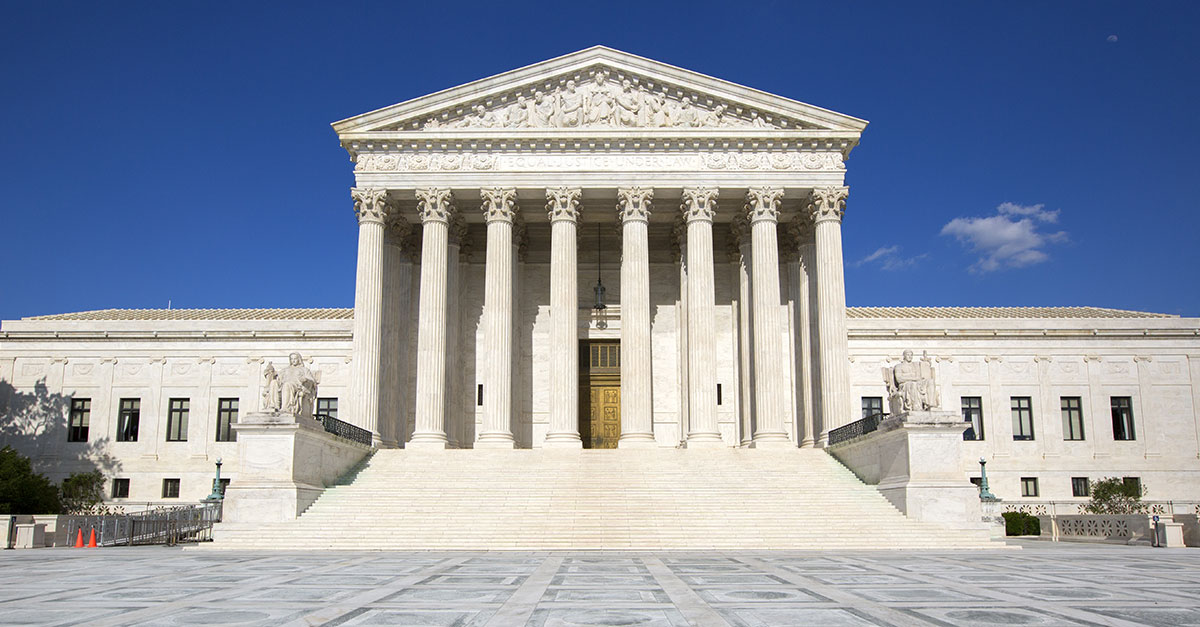The Association of Corporate Counsel (ACC) published an article in May focusing on the top ten things small corporate legal departments need to know about complying with the Foreign Corrupt Practices Act (FCPA). While all ten are good to review, three stand out as critical to making sure your FCPA compliance program is more than just a written policy.
- Products
- Solutions
- Compliance Oversight
- Communications Compliance
- Market Abuse Regulation
- ESG Compliance
- Senior Managers Certification Regime
- Conduct Risk
- Control Room Compliance
- Pay-to-Play Compliance
- Conflict of Interest Management
- Crypto Compliance
- Small Firm Compliance
- Corporate Compliance
- Anti-Bribery and Corruption
- Compliance Program Management
- Education Center
- About Us






